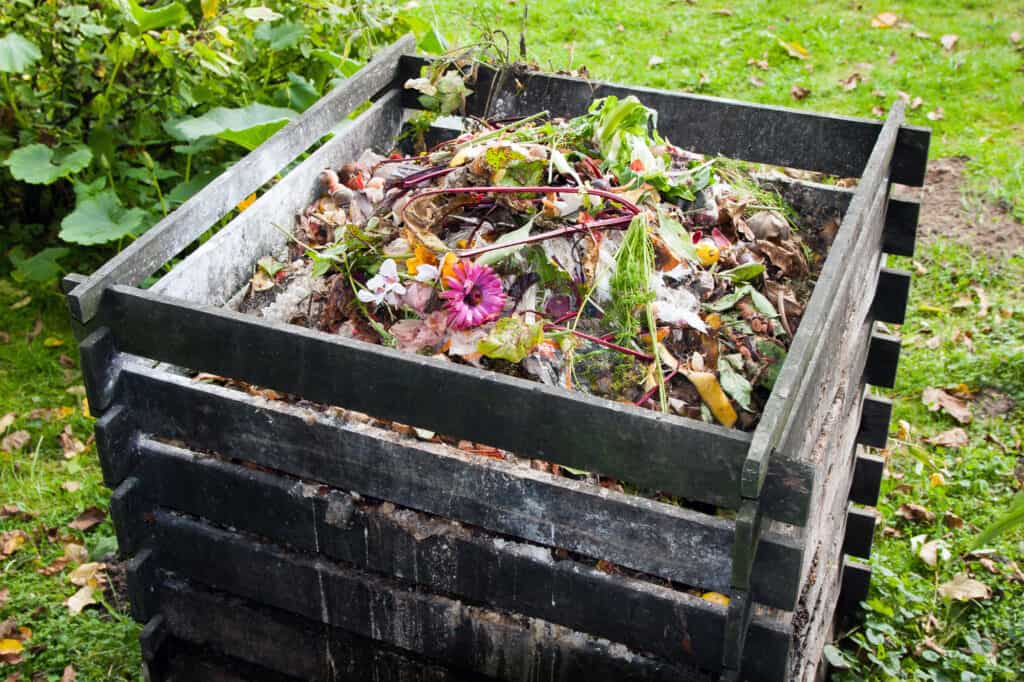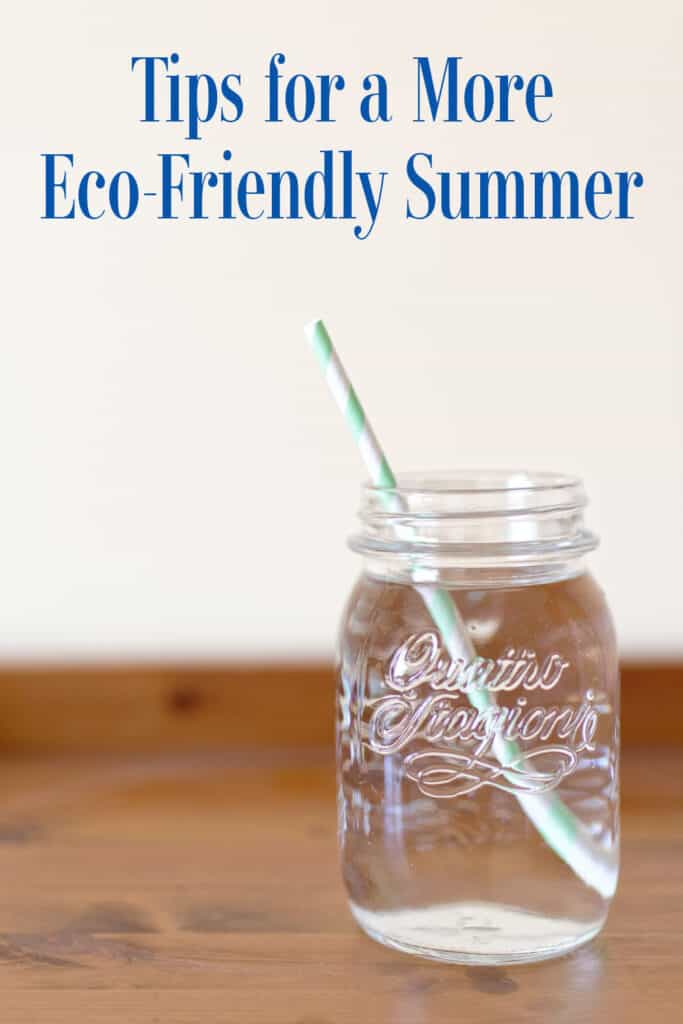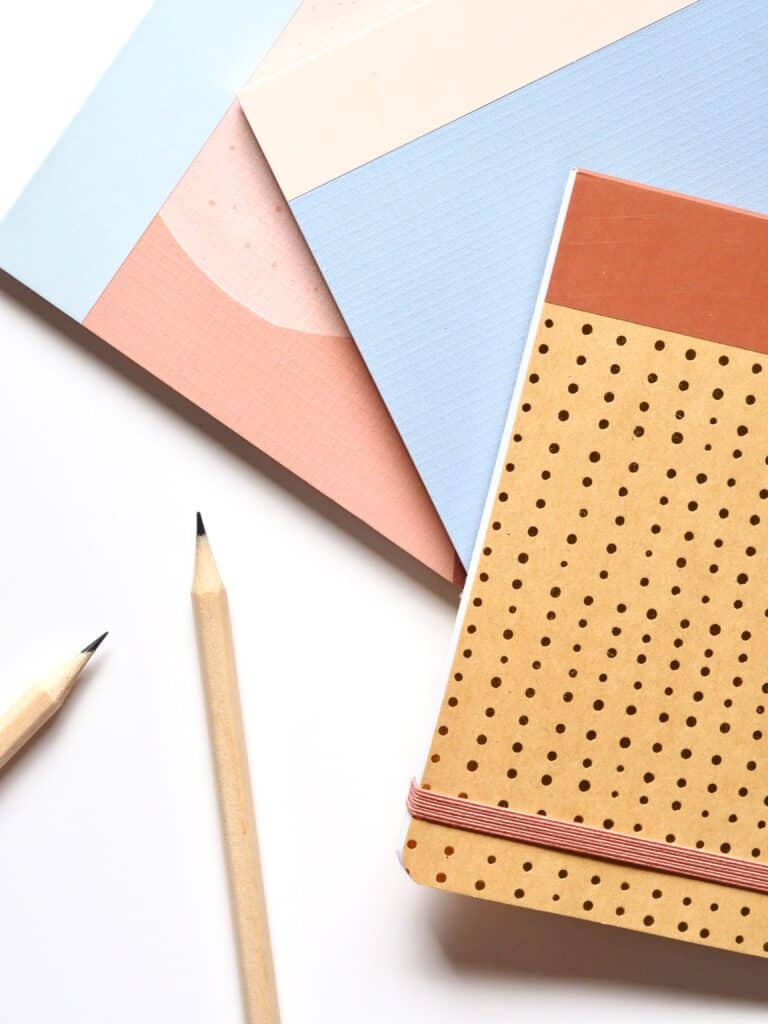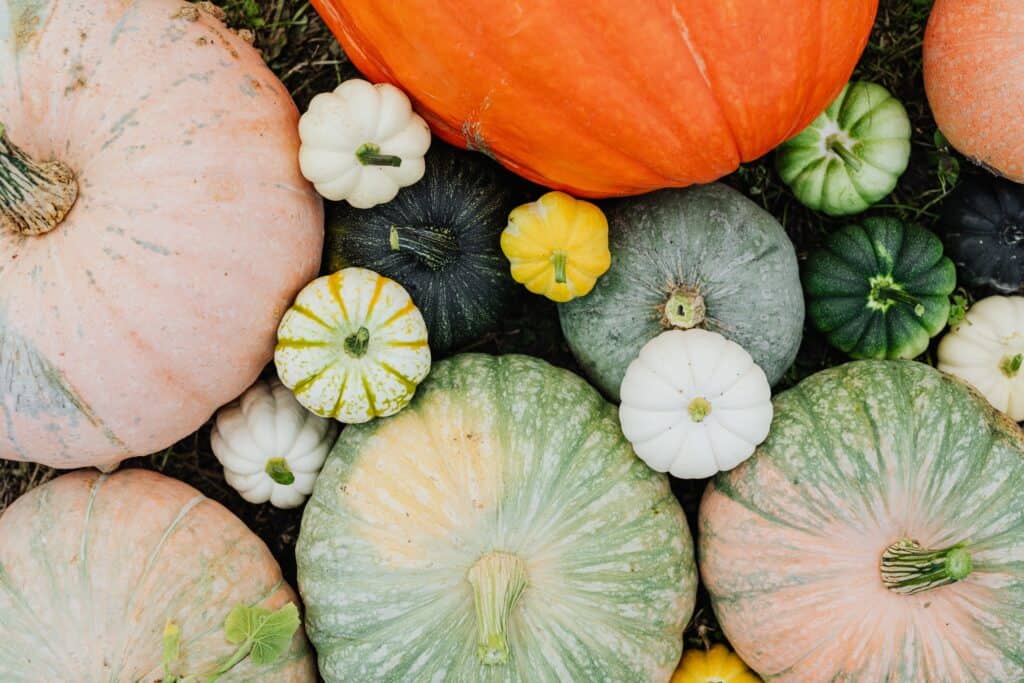Not only can the inside of your home be more eco-friendly, but you can transform your yard and garden into part of your green living goals. The garden is a great place to make more sustainable choices, which not only help the planet, but help attract more wildlife and save resources.
Here are some tips for making your garden a little greener!
{this post contains Amazon affiliate links}
1. Eco-Friendly gardening supplies
Look for eco-friendly gardening supplies, from electric tools such as electric shrub trimmers. You can also find tools and supplies that use green materials, such as those with recycled content, or natural materials like organic bamboo gardening gloves. You can also buy used gardening supplies, or look on a local Buy Nothing forum to find some supplies to reuse.
2. Native plants & vegetables you can eat
Native plants are better for the environment, attract pollinators, and require less watering, and make a great choice for your garden. You can browse a native plant guide to see what is best suited for your growing region. When it comes to your vegetable garden, choose veggies you are most likely to eat. For example, tomatoes can be easily added to salads, and garlic can be grown over the winter and can be stored to last months.
3. Save water
Look for different ways to save water around your garden and yard. Some of these include watering during nights or evenings when water evaporates less quickly in the hotter months, using a sprinkler system sensor to avoid watering in rainy conditions, setting up a rain barrel to collect water, buying native plants that use less water, setting up a bird bath to collect water for wildlife, using rocks or mulch in the place of grass, and having more natural areas that require less watering (as opposed to grass).
4. Natural pest control
Avoid using chemical pest control in the garden, and opt for something more natural. You can find some plants that repel pests, or use natural pest control products. Some of these come in the form of sprays, while others may be physical deterrents to pests, such as nets or garden fences.
You can also have an animal removed from your garden, which is both eco-friendly and humane. This is something you will likely want to reach out to the professionals to take care of. For example, if you want a company to carry out skunk trapping in Texas for you, then you’ll need to search your local area for experts accordingly.
5. Don’t use chemicals
Avoid using chemical-based pesticides and fertilizers. There are many alternatives to chemicals, from corn-gluten weed-suppressants to natural garden fertilizers.

6. Compost
Composting is a great way to reduce waste going to the landfill. Using a compost bin is a wonderful opportunity to use biodegradable resources to create a ruch, healthy soil that you can use in the garden. Your rich compost is a great way to amend poor quality soil, or grow new plants. You can also compost material from around your yard, such as leaves and grass.






I am not really a gardener, but I have avoided using chemicals for the yard. We have areas that need more grass, and I am trying to find more natural things for it to grow. We have a lot of stray kitties that visit and I don’t want them getting sick.
I am looking forward to trying out composting this year! We’re also building garden boxes in the spring.
I love my rain barrel that I’ve had for years. I used to to water my pots and here in Central Florida, we don’t have a shortage of rain to fill it up.
“I absolutely loved reading your eco-friendly gardening tips! Incorporating more sustainable practices into gardening is something I’ve been passionate about for a while now, and it’s great to see such a comprehensive guide. I started integrating native plants into my garden last year, and not only has it attracted more bees and butterflies, but I’ve also noticed a significant decrease in water usage.
Using eco-friendly gardening supplies like electric tools and recycled materials not only reduces our carbon footprint but also promotes a healthier environment for wildlife.
I like the idea of opting for something more natural. Pesticides can be necessary but if they’re not natural, they can be scary
I’ll share this blog post with my mom. She has a green thumb and loves to garden!
I don’t really have a garden but we have a couple of plants. Great tips! I’ll keep this in mind.
I especially love the idea of reusing gardening supplies either through buying secondhand or checking local buy-nothing groups.
I love the idea of not using chemicals in our garden. Will check out the alternatives you mentioned especially the corn-glutten weed suppressants and some natural pest control products. Thank you for sharing these tips!
i do want to try composting but first this year my focus is on getting a garden going once again after neglecting it for the past few years
I have always had animals so i have never used chemicals in gardening. But i do like the tips for conserving water. A bucket during the rain is a brilliant idea. Especially in the south when it rains alot
Such helpful tips for creating a more sustainable garden. Using native plants, setting up a rain barrel, and avoiding chemicals are great suggestions.
My grandparents always had a garden each summer. It was always nice to be able to go pick fresh veggies and eat them straight from the garden. I haven’t had a garden in a very long time. Our landlord won’t let us.
I love all these tips and ideas as it promotes a healthier environment not only for the wild life but for everyone living on this earth.